
“Embracing the Fifth Estate – A Solution to Journalism’s Financial Free Fall?”
It is no secret. Social media is overtaking mainstream media worldwide. In clear examples, print media has fallen tremendously in previous years, and the majority of news today is reported and shared directly by citizens with their phones.
The news they share is almost always on the internet before it airs on television or in newspapers, causing a migration of audiences to online platforms. Some newspapers have tried to circumvent the handicap that social media has created, to no avail.
A majority of Zambian news outlets struggle to make money online and have grown so fond of the traditional methods of disseminating news.
Zambia has not had a backbone of digital media save for a few independent media organisations like News Diggers, who from their inception realised that mainstream media was fighting a losing battle against the fifth estate: social media. The rest have sadly failed to adapt to new times, and this has cost them their readership and made them vulnerable to capture by political interests.
Traditional models of income generation in journalism are outdated and therefore require modification if journalism is to survive the financial free fall it is currently experiencing.
If mainstream media is to thrive, it must understand the era it is in. Media outlets need to embrace change. The COVID-19 pandemic has forced a vast number of media houses to shift to digital news amid their plummeting sales, revenue losses and staff lay-offs.
However, as much as digital media carries immense optimism for the future of journalism, it is not accessible for all. Internet access in many African countries is slow and expensive, not just for readers but journalists as well. Not everyone in the Global South can afford data costs to access news on the internet, let alone subscription fees.
Weak economies continue to affect the quality of journalism, causing a loss in readers and eventually the independence of journalists. The saving grace of journalism financially is digital news – with the condition that it is affordable for most.
– Zanji Sinkala, gender activist and multimedia journalist, Zambia,
More Impact Stories
View All Impact Stories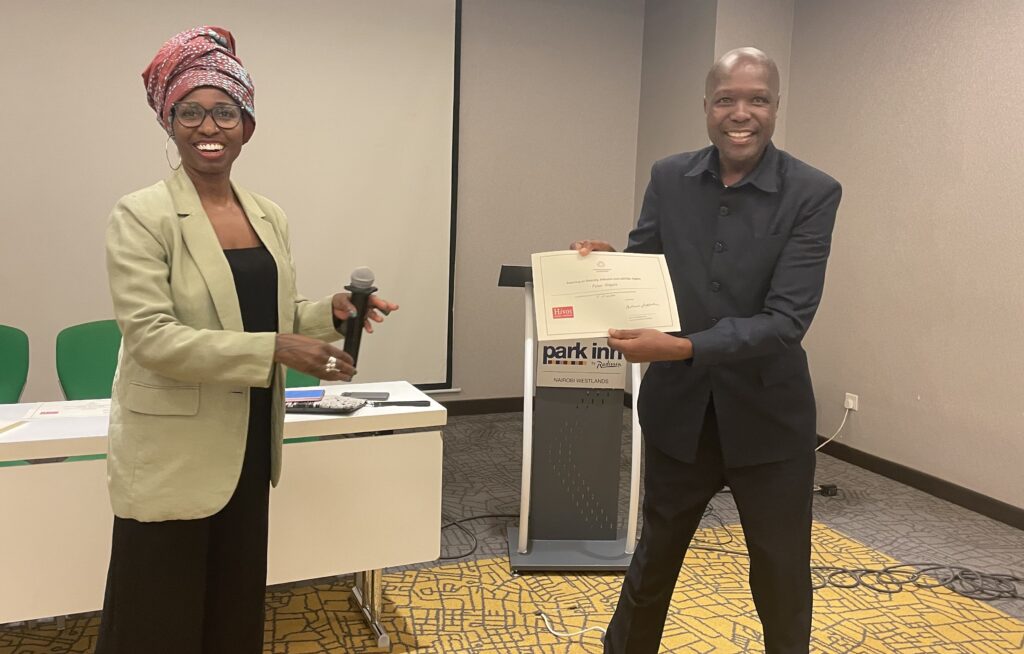
Reporting with empathy: one journalist’s journey to allyship
Discover how training from the…
Read More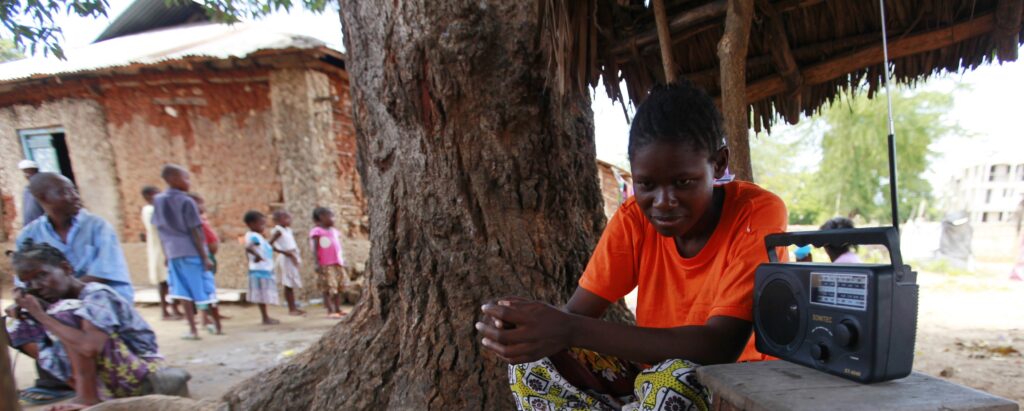
Shielding community journalism: How pro bono legal expertise broke the cycle of self-censorship for one Kenyan radio station
As Kenyan radio station Radio Domus ramped up the content it was putting out on digital platforms to…
Read More
Combatting international corruption: The pro bono research behind the landmark Foreign Extortion Prevention Act
The absence of any U.S. law stopping a foreign official from demanding a bribe from an American…
Read More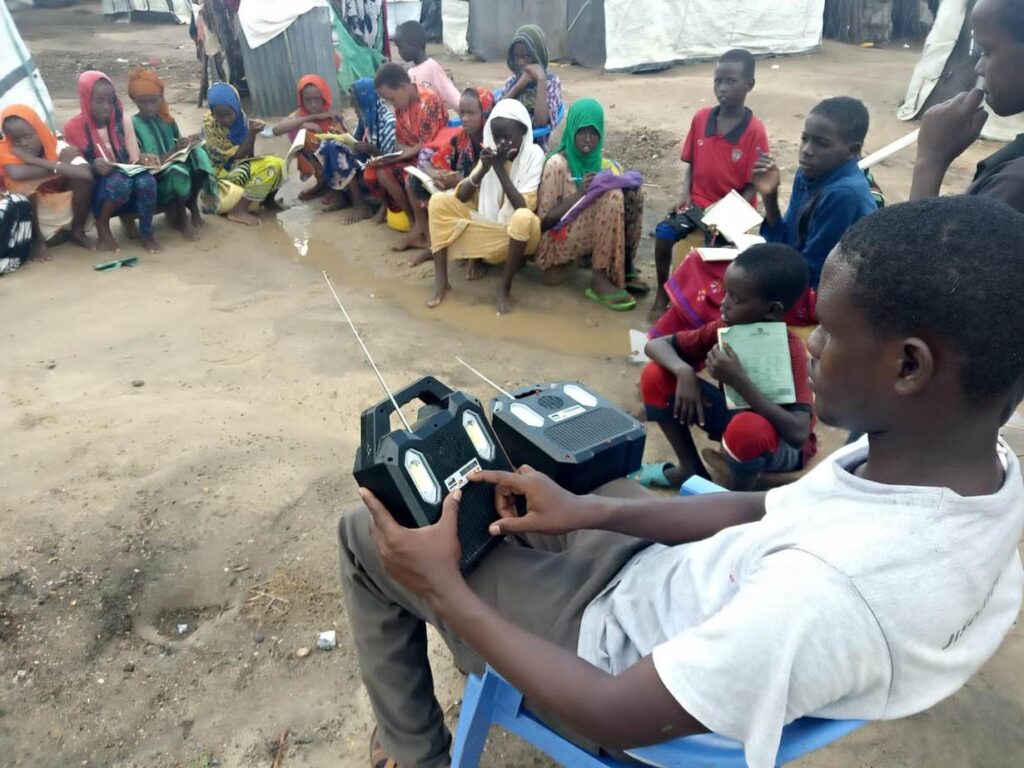
The value of pro bono: Radio Domus
Radio Domus FM is a non-profit youth-centric, 24-hour community radio station in Kajiado…
Read More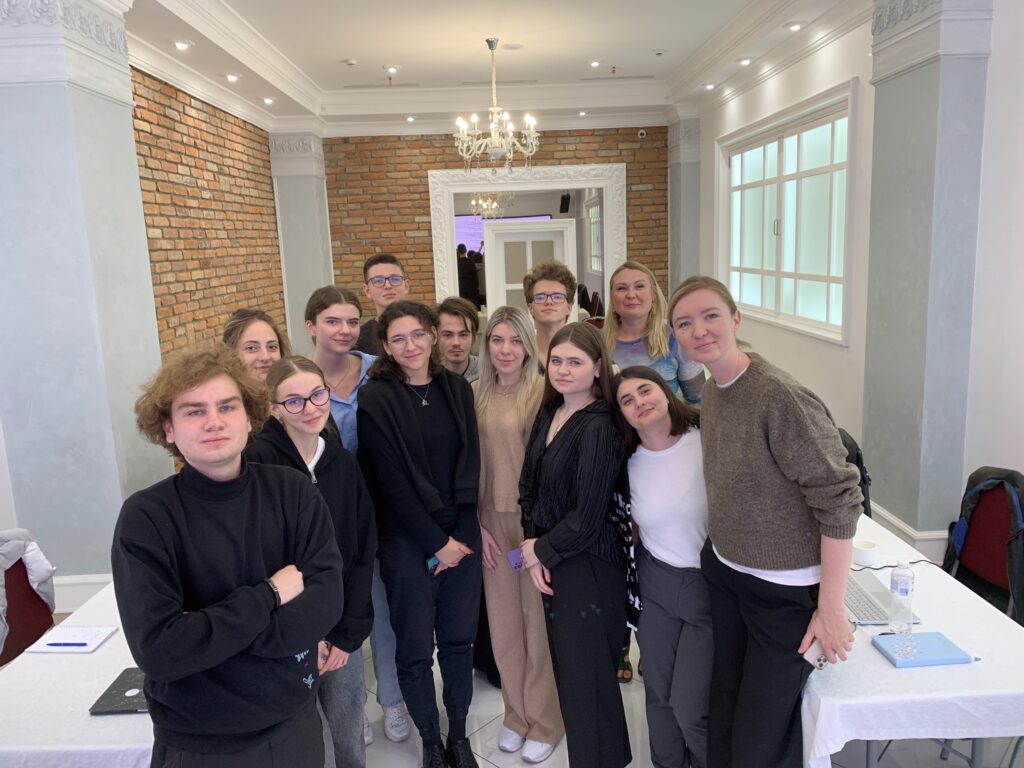

Delivering pro bono legal services in France
Participation in pro bono initiatives is on the rise in France,…
Read More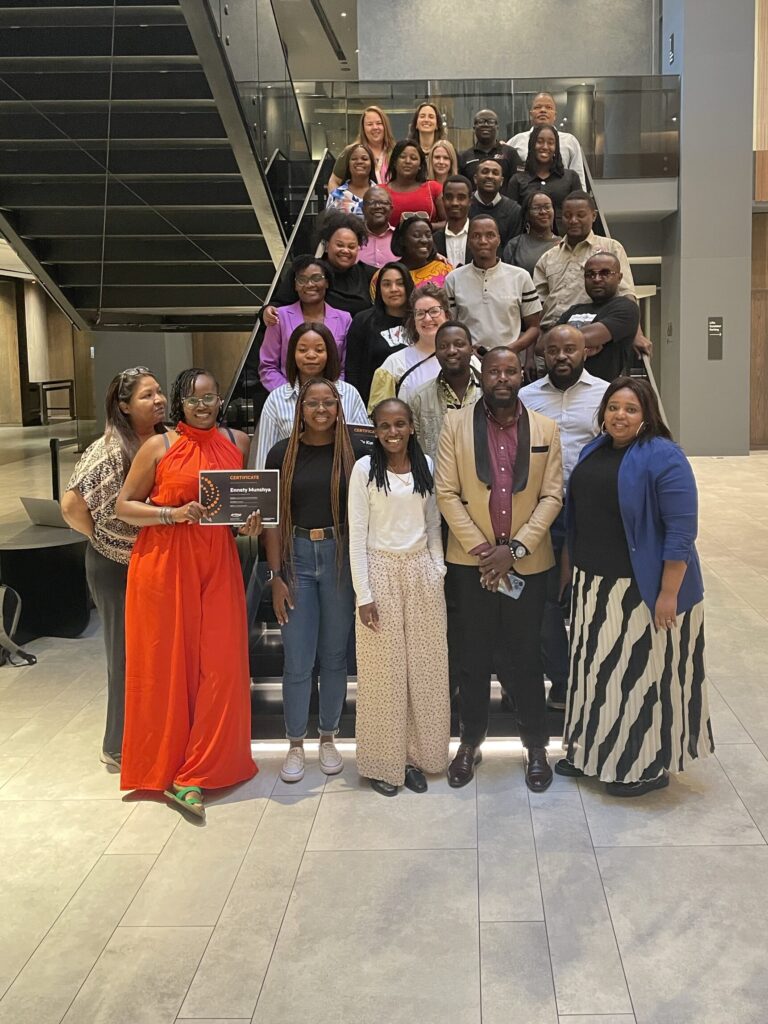
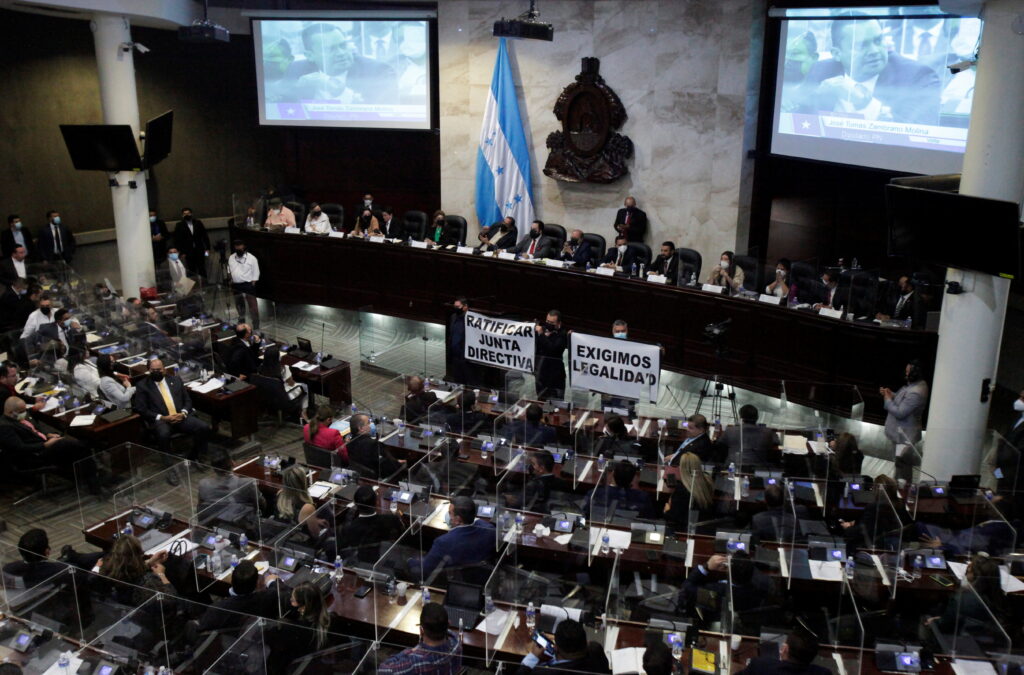
Delivering pro bono legal services in Latin America
New technologies are enhancing pro bono work in Latin…
Read More
Delivering pro bono legal services in the United States
In 2020, White & Case created its Access to Justice…
Read More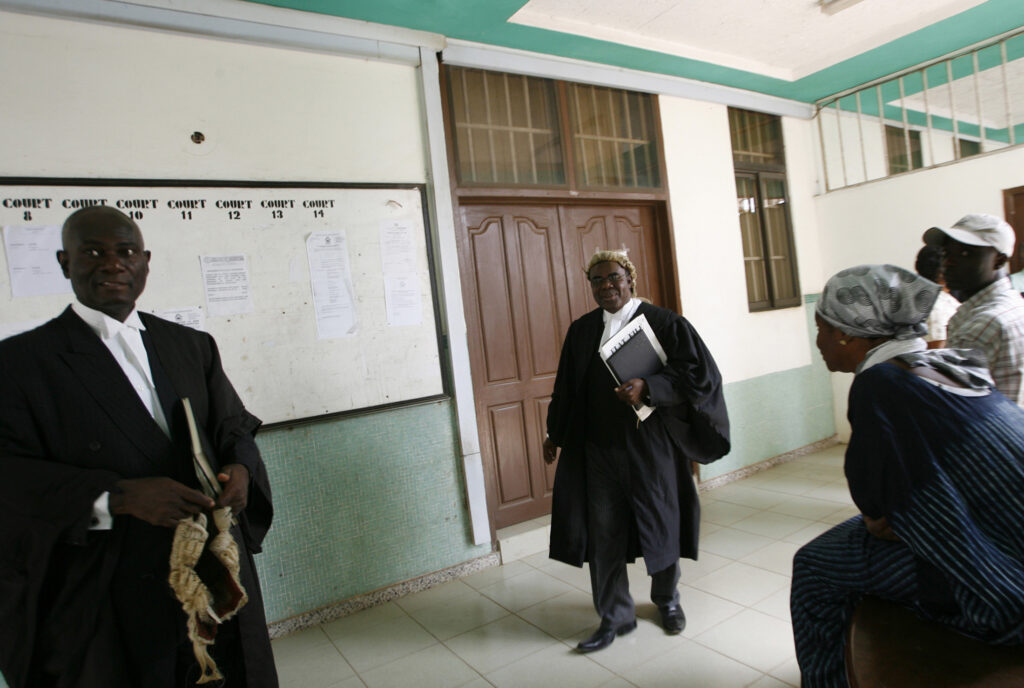
Delivering pro bono legal services in Ghana
The legal community in Ghana is frequently engaged in dialogue about…
Read More

